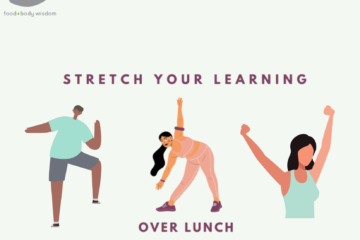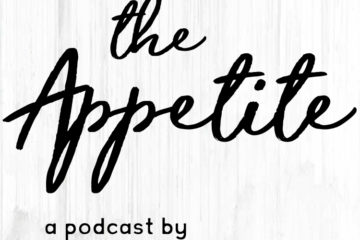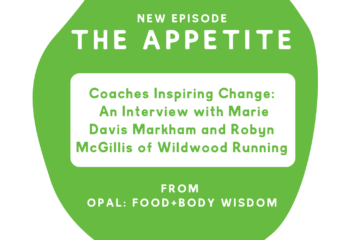An address to the Puget Sound IAEDP Community at the Winter Celebration of Life
December 6, 2014
Amae
“In graduate school, I took a philosophy course where we explored Elisabeth Young-Bruehl and Faith Bethelard’s book titled “Cherishment: A Psychology of the Heart.” It has always stuck with me. Perhaps because it personally rustled something up in me that had not yet found its home in my own life. Perhaps because I am a softy and love “love.” I knew it spoke to the core of relationships and life’s meaning and would be a central theme in work with clients. It had my attention and still does over 12 years later.
This course explored the Japanese concept of amae which can be translated as the expectation to be loved. It can further be described as the need to be in good favor with, and be able to depend on, the people around oneself. It is a universal basic instinct and once you become aware of it, you see it everywhere. It is the basis of relationships and life’s meaning. Amae is a matter of the heart. This morning, I saw amae in my daughter as she said, “love dove” and coyly cuddled up to me while flashing her sweet smile. We see amae in our clients as they bid for our affection and ask for our help with their suffering. I see amae in myself as I share this piece and hope for your affection in return. I see a wish to be loved at our Opal holiday skate party last night as skaters shared their moves in hopes of applause from the crowd.
Quite notably, there is not a clear translation of amae to English. The word “cherishment” covers at least some of the ground of amae. Perhaps this difficulty with translation is due to our culture’s celebration of independence and subjugation of dependence. We live in a culture where dependence is often seen as weakness and operating on our own without needing others is associated with power and strength. This does not give us full permission to spread our amae wings. A basic instinct is blocked.
Most of our clients come to treatment because, somewhere along the way, bids for amae have caused pain. A child expresses amae consistently to a parent and it goes unnoticed because the parent is engrossed in her own struggles. A woman makes an unreciprocated romantic bid for affection and she then shuts down and decides to no longer take such risks. A man expresses amae and feels resultant shame due to cultural gender roles around male independence and emotional stoicism. A young woman asks for love by a parent with uncertainty about whether the bid will be requited or result in abuse.
Eating disorders can be seen as communication of amae. The basic wish of an eating disorder is often to find more adoration, love and belonging on the other side of weight loss. Perhaps other amae attempts have not quenched their need for indulgent love. The understandable solution has been to try to look a particular way in order to increase the chances of capturing someone’s heart.
As I look around this room, I see a community full of beautiful amae. Friends, family and our community of practitioners have joined to celebrate the season. There is a lot of amae to be had in this room!! I invite you to notice when you respond to amae expressions in your loved ones with sweet indulgent love this holiday season. When you are in an exchange of amae, you are speaking heart to heart. When you need to lean on someone and be loved, I invite you to turn on your charm and put it out there to see what happens. You may just get exactly what your heart needed. Life is too hard to go it alone.
I remember when we did not have Puget Sound iaedp and we were all islands in private practice trying to respond to the important needs of our clients without a community to depend on. Thank you to Puget Sound iaedp for creating a place for us to join and potentially get our professional amae needs met. I cherish this community and thank Feliza and her board for giving me the honor of sharing these lovey dovey thoughts.”


